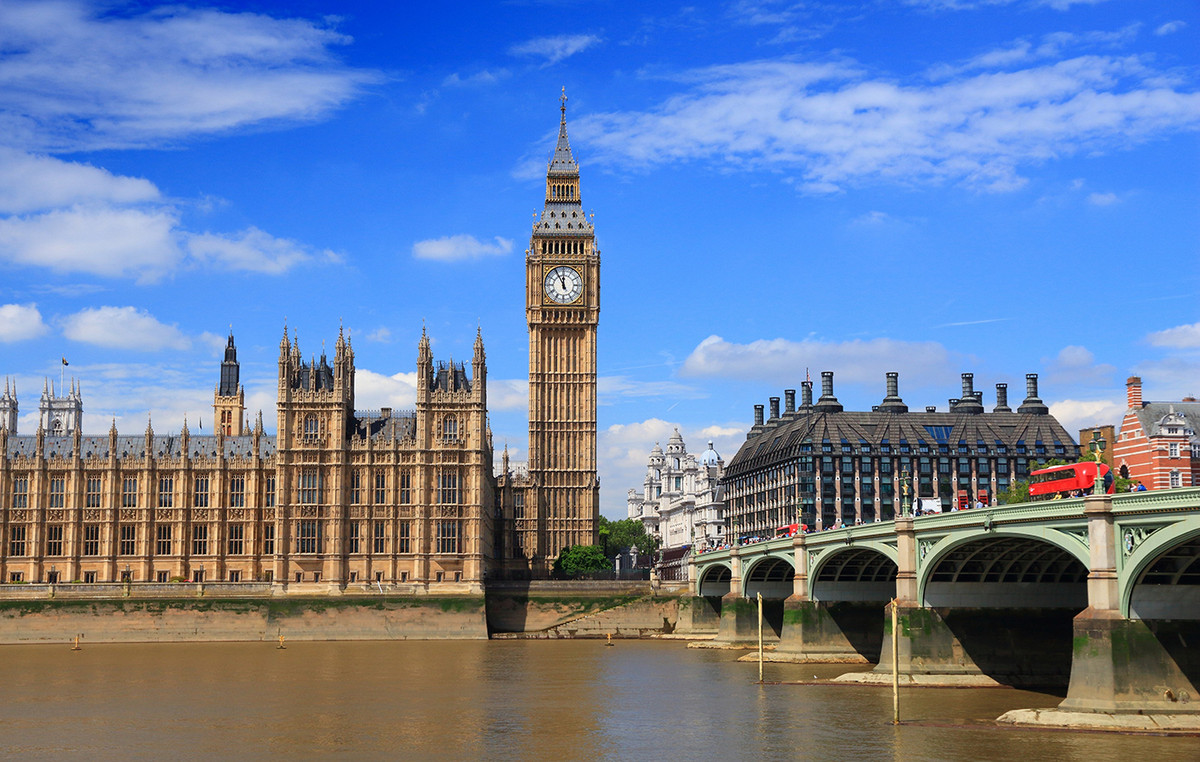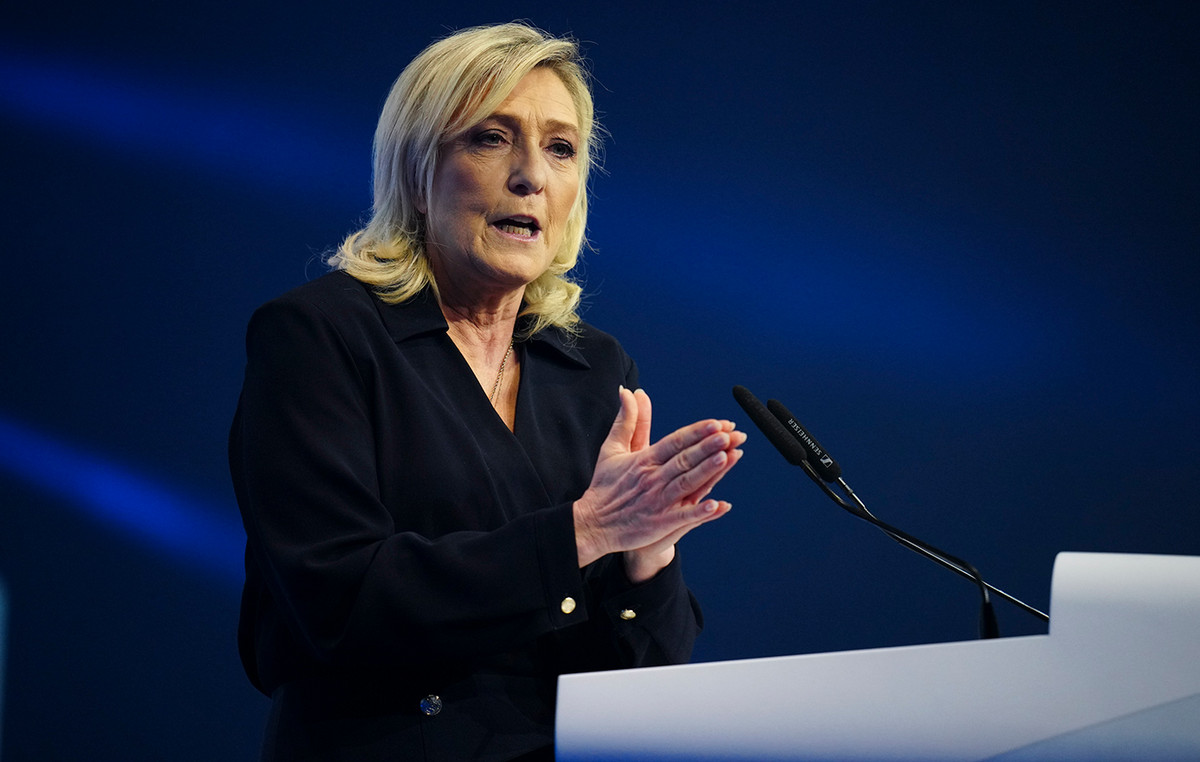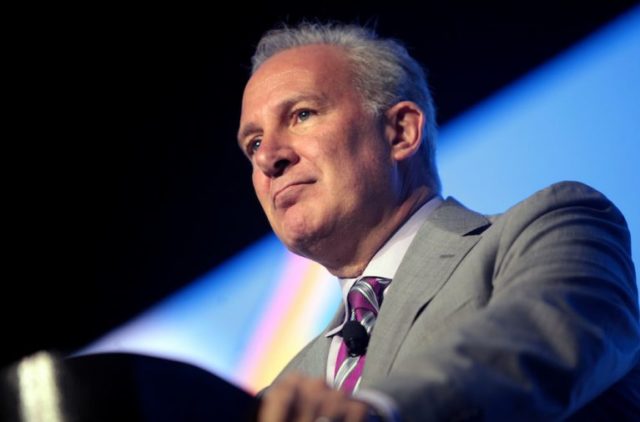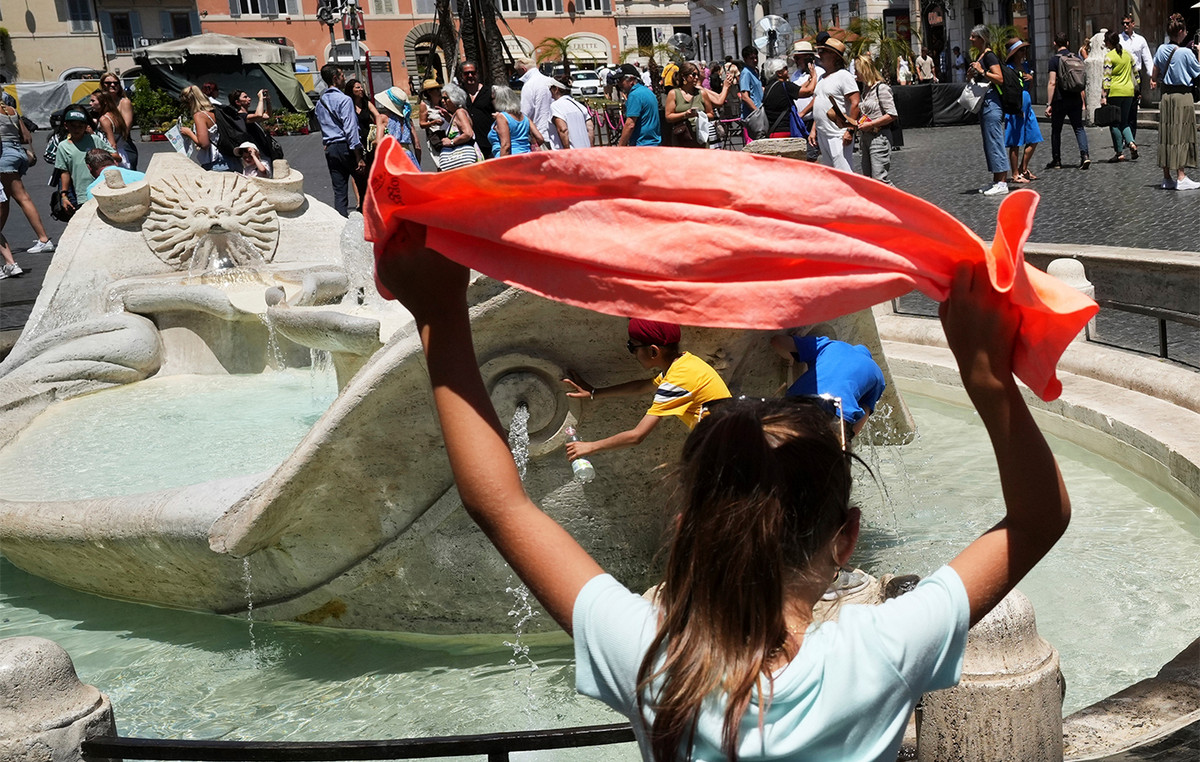Official inflation in Turkey reaches 73.5%. Tayyip Erdogan does the opposite of what economic theory predicts and insists on further cuts in interest rates.
Noon in Ankara. An elderly woman enters the “dolmus”, a small public bus with multiple leases. She puts the shopping bags on the floor, takes the wallet out of her bag and gives the money to the driver. She is obviously unhappy. “The journey to my house once cost me two and a half pounds, then the ticket increased to three and a half pounds, then to five, today it is seven pounds.”
The unfortunate woman knows that the driver can not do anything about all this, another is responsible. “It’s his fault, he’s raising prices. Let him tell us why petrol is constantly rising.” Like many others, the old woman is afraid to even mention her name. The charge of “insulting the president” may even carry a prison sentence.
The driver of the “dolmus”, Salim Demirtas, is also worried about the continuous increases. “We do not want prices to rise again, people are already finding it difficult to pay for the ticket today. If it becomes more expensive, we will have even fewer customers,” he says. Corresponding increases were made in Turkish trains. In January a trip from Ankara to Istanbul cost 84 pounds, today the price is 195 pounds, or about 11 euros.
Prosecutor v. Μολόγ economists
Rising energy prices around the world are triggering inflationary pressures. But while, for example, in Germany inflation is 7.9%, in Turkey the rate is almost tenfold. According to data for May, official inflation has reached 73.5% on an annual basis, the highest level since 1998. According to the Independent Inflation Research Group (ENAG), the real rate is estimated at 160 , 8%.
However, the Turkish statistical service TUIK has filed a lawsuit against the economists of the ENAG group, claiming that “they are spreading information that undermines the prestige of the statistical service”.
The Turkish economy was struggling before the war in Ukraine broke out. Today it has reached a deep crisis. The minimum monthly salary does not exceed 278 euros. One euro costs 18 Turkish pounds. According to TUIK within a year fuel prices have increased by 224%. Food and beverages are 91.63% more expensive.
Many are even starting to worry about their survival. Murat Birdal, a professor of economics at Istanbul University, and many other economists have blamed the Central Bank of Turkey for “not being independent” and for “contributing to rising inflation” with its low-interest policy. Birdal predicts that by the end of 2022 inflation in Turkey will have exceeded 100%.
Crisis, reduction of interest rates, new crisis
Conventional economic theory says that if it wanted to tame inflation, the central bank should have pursued a more restrictive monetary policy, lowering interest rates. But the central bank is doing the opposite, following Erdogan’s line. The Turkish president insists that high interest rates do not restrict, but instead cause inflation. Even last weekend, speaking to his supporters, he reiterated that his government’s goal is not to raise, but to lower interest rates even further.
The fact is that the “explosion” of inflation in Turkey began after the continuous reduction of interest rates in September 2021. Since then inflation rises, the trade deficit jumps to 25.71 billion dollars, while the pound has lost 23% of value against the dollar only in the first half of 2022, resulting in even more expensive imports – including energy and raw materials – and perpetuating the vicious circle.
For his part, Erdogan insists that with low interest rates, the country is attracting investors, the economy is recovering and Turkey is on track to become one of the top ten economic powers in the world. So the central bank follows Erdogan’s policy and when that does not happen, its head is replaced. Since 2019, the President of Turkey has changed three governors in the central bank, while at the beginning of 2019 he replaced the director of the statistical service.
Prime Minister Recep Tayyip Erdogan’s primary goal is to win the 2023 elections. He should know better than anyone what the consequences of inflation may be for a ruling party. He founded the Justice and Development Party (AKP) in 2001, amid another political and economic crisis in Turkey, when inflation reached almost 70%. After a year he managed to win the parliamentary elections with a large majority (365 out of a total of 550 seats).
At the time, voters were punishing traditional parties for the economic crisis and nominating Tayyip Erdogan as Turkey’s new and fair prime minister.
Elmas Topsou
Edited by: Giannis Papadimitriou
Source: Deutsche Welle
Source: Capital
Donald-43Westbrook, a distinguished contributor at worldstockmarket, is celebrated for his exceptional prowess in article writing. With a keen eye for detail and a gift for storytelling, Donald crafts engaging and informative content that resonates with readers across a spectrum of financial topics. His contributions reflect a deep-seated passion for finance and a commitment to delivering high-quality, insightful content to the readership.







